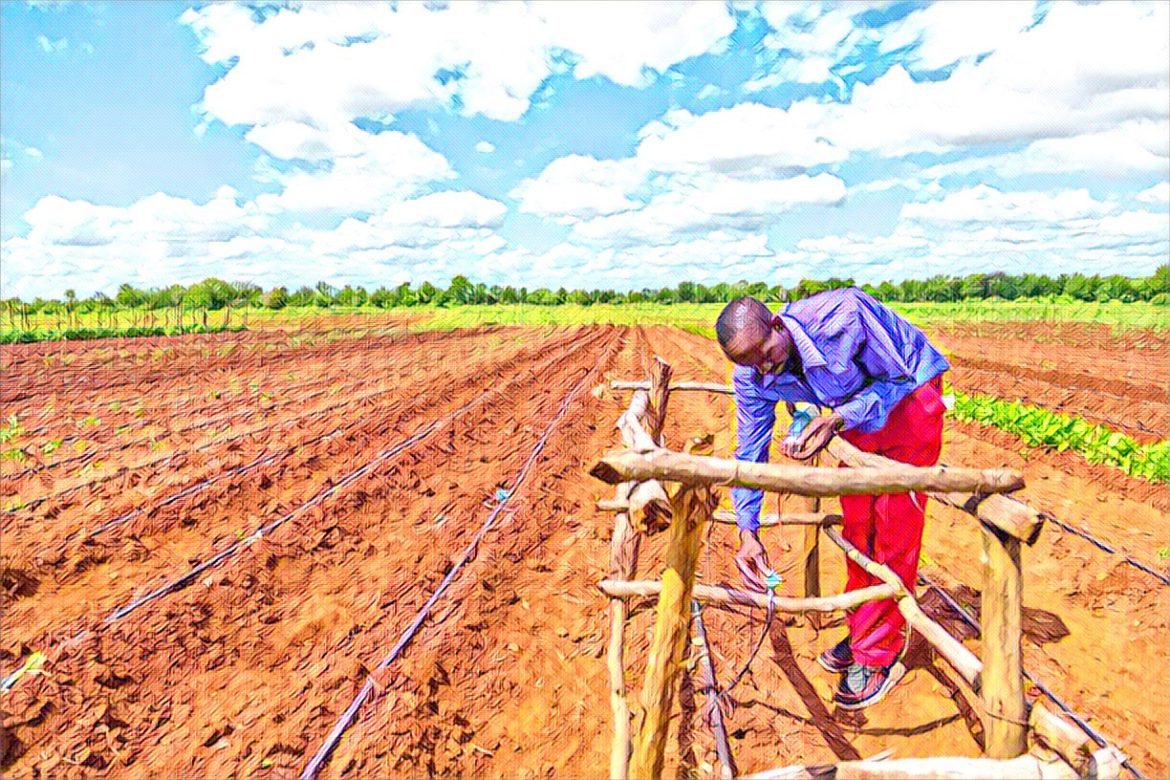Zimbabwe has assured its citizens that it has enough food reserves to cope with the projected below-normal rainfall in the 2023/24 cropping season. The country is stepping up its preparations for the summer season by distributing inputs and promoting drought-tolerant crops.
According to the Information, Publicity and Broadcasting Services Minister Dr. Jenfan Muswere, the country has a healthy stock of maize, wheat, and traditional grains to guarantee national food security. He also said that the private sector had been allowed to import additional maize and soybean and that households could import mealie-meal duty-free.
The minister said that the country expects to harvest a record 420 000 metric tonnes of wheat from the 90 192 hectares planted in the winter season. He also said that the government had set a target of 92,000 hectares for grain production in the summer, focusing on early to ultra-early maturity varieties of maize seed.
The minister also advised that the country’s dams are 82 percent full and that 70 316 hectares have been committed for irrigated maize production, with a potential of 400,000-500,000 tonnes of production. He added that the government and the Bankers Association have committed over US$642 million for the 2023/24 season.
The minister’s statement comes after a preliminary weather forecast indicated that large parts of Southern Africa are expected to have average to below-normal rainfall in the 2023/24 cropping season. This could pose a challenge for the region, which is already facing high levels of food insecurity and malnutrition due to the impacts of previous droughts, floods, pests, and diseases.
According to the United Nations, more than 45 million people in Southern Africa are in need of urgent humanitarian assistance due to the combined effects of climate shocks and the COVID-19 pandemic. The UN has appealed for US$1.1 billion to provide life-saving aid to the most vulnerable people in the region.
However, some experts have also noted opportunities for climate-resilient agriculture in Southern Africa, such as conservation farming, agroforestry, irrigation, crop diversification, and livestock management. These practices can help farmers adapt to changing weather patterns and improve their productivity and income.
Zimbabwe is one of the countries that has been implementing some of these practices through various programs, such as the Pfumvudza/Intwasa Programme, which promotes climate-smart agriculture among smallholder farmers. The program has been credited with boosting food security and reducing poverty among rural communities.
As the country braces for another uncertain season, it remains hopeful that its efforts will pay off and that it will be able to feed its people and contribute to regional stability.
Source: Herald


